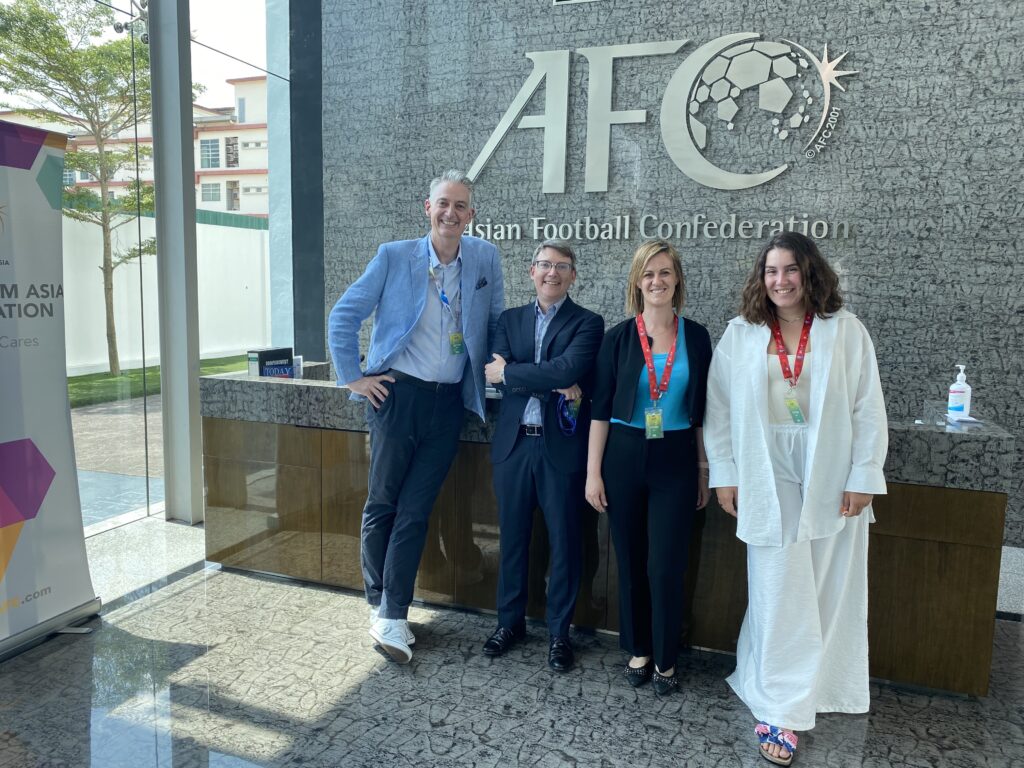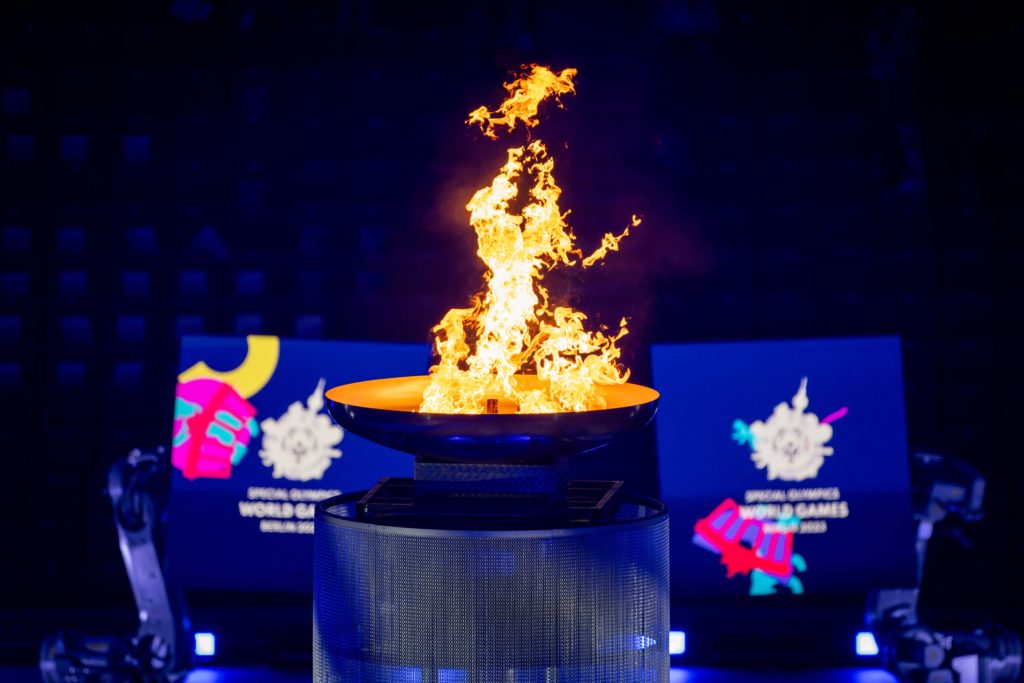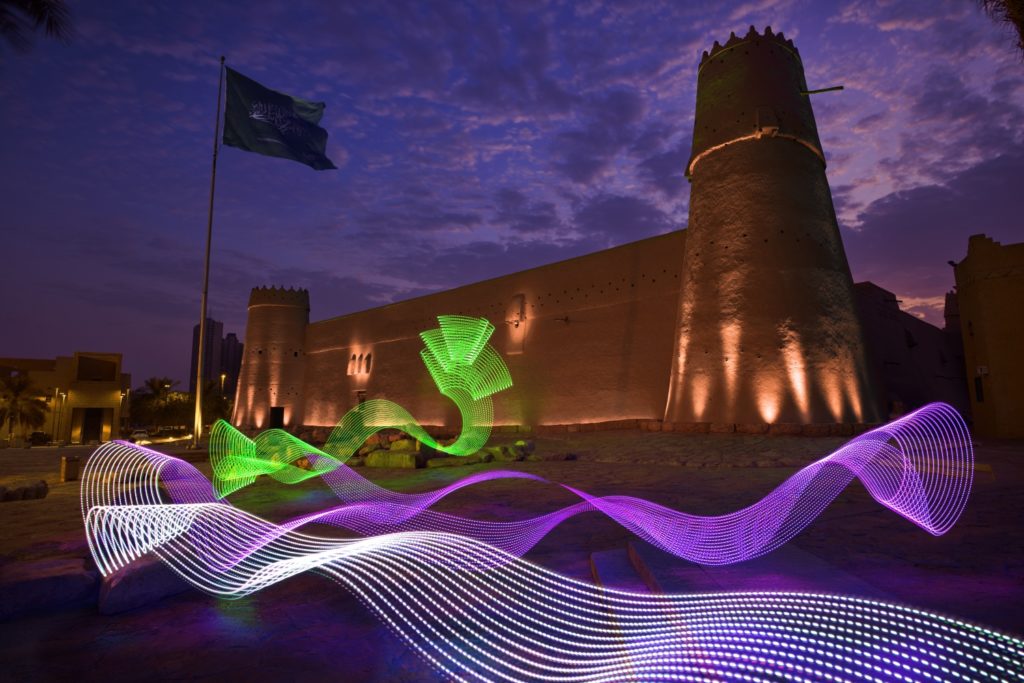A growing trend
The 2020 UEFA European Football Championship was played out across several countries in Europe; the 2023 FIBA Basketball World Cup was held across Japan, Indonesia, and the Philippines; the 2023 FIFA Women’s World Cup broke new ground with two host nations – Australia and New Zealand; and just next year the 2024 Olympic Games will host events in both French Polynesia and France. Looking ahead FIFA will bring together 9 nations to deliver the 2026 and 2030 FIFA World Cup!
Whether it is a rising trend or a new norm, we are seeing more and more major sport events being delivered across multiple cities and countries. In some cases host-locations are separated by several thousand miles and multiple time-zones. An exciting industry shift that requires more adaptable solutions and approaches in terms of event operations and delivery for service providers like Wiz-Team.
But what are the demands on software delivery for a multi-country event? How do event managers and their providers adjust to this new paradigm? We caught up with Wiz-Team’s Senior Delivery Manager Gwendoline Killary Castro who has experienced first-hand the challenges our clients and our on-site teams face when delivering successful multi-location events.
Delivering beyond borders
Different nations mean different border controls, legislations, delivery teams, third party technology, and ways of working. For Wiz-Team, that means the people, processes, and platforms need to adapt uniquely for each event location while maintaining centrality and consistency from a global level. For Gwendoline, who has been working in the events industry for 15 years, there is a lot of opportunity within the challenges this model presents.
People
Shared hosting brings several geographically separated event organisers under one organisational umbrella. Though on paper there may be one client, practically from a provider perspective, there are several end-user teams, stakeholders, and decision-makers to work with. Gwendoline explains: “Though you might have one organising committee for the event, you are dealing with multiple teams with different cultural norms. It is like working with two smaller organising committees. They both have the same objectives but different ways to get to the end result.”
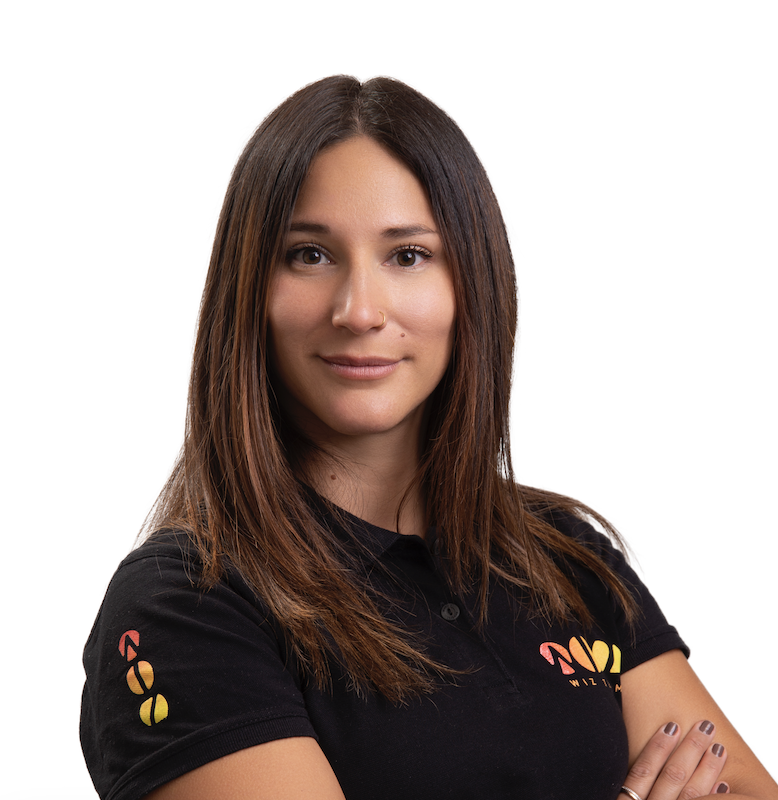
For Gwendoline, this is one of the most interesting and exciting part of multi-city models. “There are naturally different ideas and needs between each host city. As a result, we see opportunities to challenge existing business processes and the way we’ve configured the solution in the past.”
Though it can take a bit of extra time, the discovery and initiation phases of event delivery always bring new ideas to the floor. When doing this across borders there are clearly added benefits. As Gwendoline highlights: “Working cross-culturally surfaces great ideas and more than one right answer for us to find ways to support through our systems.”
Processes
One of Wiz-Team’s core solutions, accreditation management, centres largely around the collection, verification, and screening of participant information. This process is defined and integrated in collaboration with event organisers and local authorities. When an event is delivered in different countries, the number of stakeholders, integrations, and workflows increases.
“We are at the heart of the event’s data collection, data sharing, and data processing needs”, shares Gwendoline. “Our focus, alongside our clients, is to implement a smooth and simple user-experience for those applying for accreditations; even if behind it all, it is complex. Sometimes there are three to five different workflows configured to support the different needs of each host nation’s authority.”
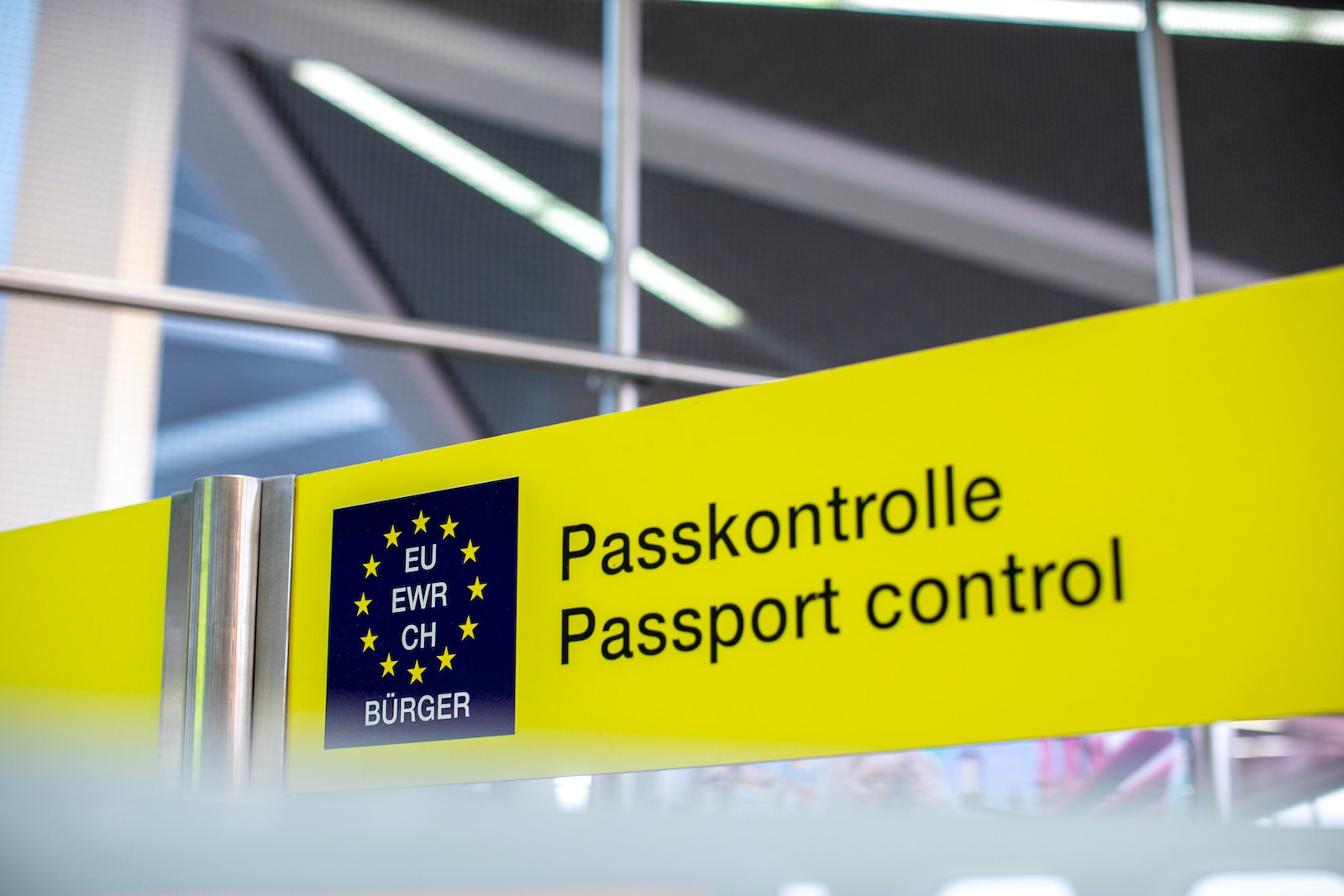
Platform
Outside of data management workflows, there are real operational impacts the Event-Works system needs to accommodate. As Gwendoline says: “In this event model, you find unusual use cases to consider. Some people may only experience the event in one country, others will need to travel or visit both countries; and you may not know that until competition is underway.”
Identifying downstream impacts of this type of uncertainty can be a challenge, but it generates a lot of use cases to test and try before going live. “We brainstorm a lot”, imparts Gwendoline. “We also work with a configuration tool which means we get to test a lot of workflows in short periods of time to find the best way forward. It’s a great way to collaborate with our clients and really rewarding to find solutions together!”
It also exposes clever ways to advance platform features and functionalities. Over the last year, Wiz-Team has enhanced its current products, especially in security risk assessment integrations, developing new features and functionalities to empower back-office users to solve for this level of complexity on their own with no development!

Staying on top of shifting industry trends
New delivery models and industry trends are filled with important learnings and insights into the future of our industry. As a provider who offers functional and technical on-site support, we see a major benefit in the experience we share alongside our partners at the heart of these paradigm shifts.
Wiz-Team’s COO Tim Goethals explains: “As we continue to see our industry change, we value the opportunity for our teams to experience these changes in action.” The real-time feedback on how Event-Works is leveraged and how users respond to their changing environment is very important to how Wiz-Team ensures the product and teams keep pace with a quickly evolving industry.
It is a valuable experience for all of Wiz-Team, but especially for those with their hands closest to the product and its development. Gwendoline clarifies: “In our on-site staffing model, we purposely embed key members of the development team who not only bring their technical expertise but get to experience the pace of live events and the challenges they present.”
She adds: “We want those developing the products and systems to understand how our clients work in real-time and experience first-hand the demands of multi-country or regional delivery. It’s helpful for them in the future in terms of product development, especially when it comes to enhancing existing or building new features and functionalities.”
Will the multi-city or multi-country model become a new norm for major sporting events?
Time will tell.
But for Wiz-Team, it’s an opportunity to continue to work in close partnership with its clients to help surface new ideas, test new processes, build deeper understanding, and improve the agility of the Event-Works’ product portfolio and delivery support services.
“You have to adapt and be very flexible”, affirms Gwendoline. “Working with different host countries means different cultures, and different ways of communicating. Understanding these differences and accommodating them as best as possible are critical for a smooth and successful delivery.”
Wiz-Team’s Senior Delivery Manager concludes: “At the end of the day, for the end-user, it remains one single event, one single accreditation, regardless of how many host cities, host countries or how many workflows there are behind the scenes. Our goal each time is finding that balance between being efficient, providing a great user experience, and keeping our system simple to use and adapt.”
#WizJourney

